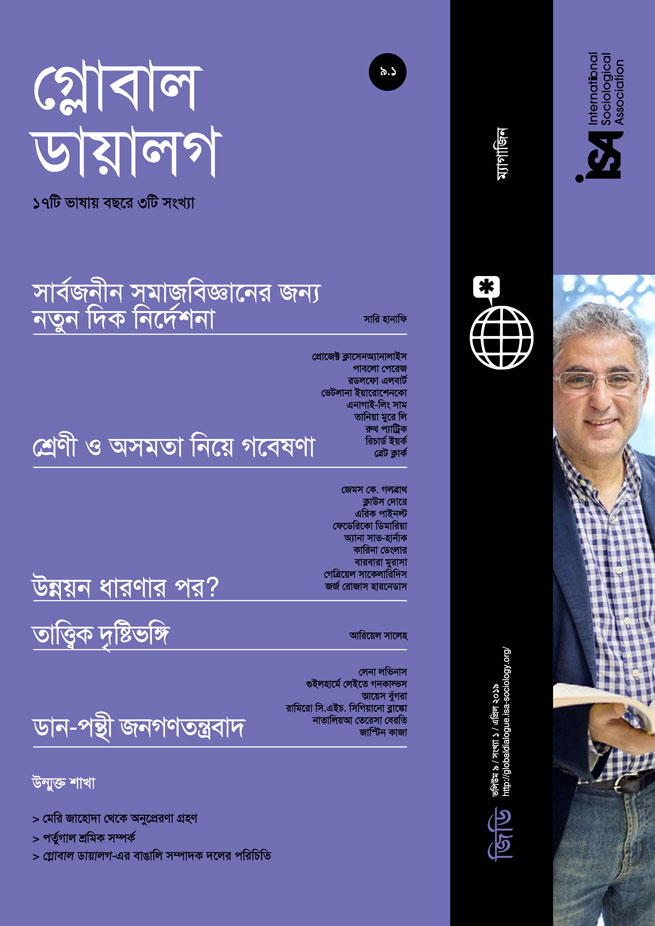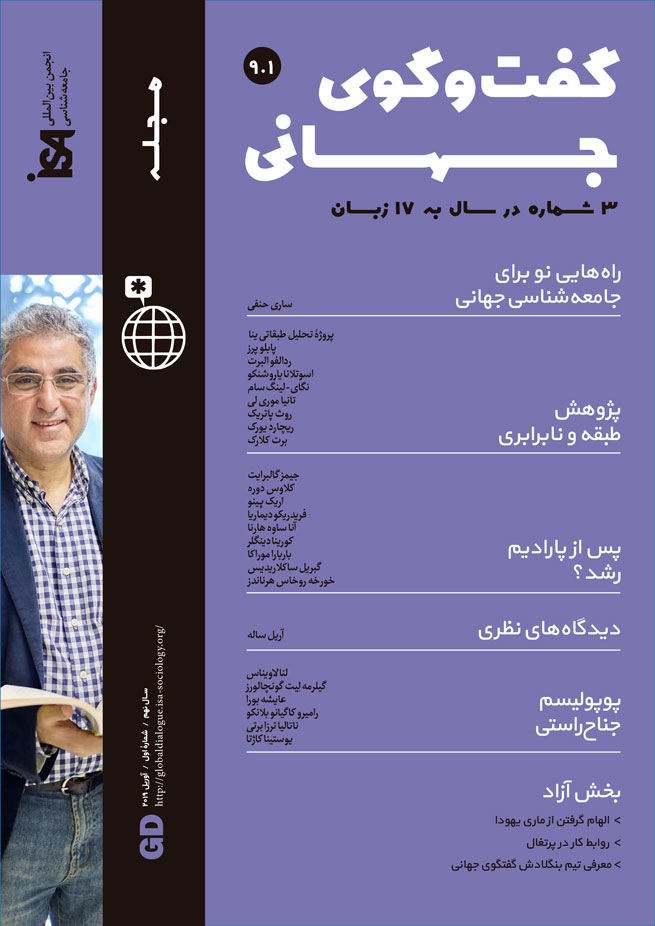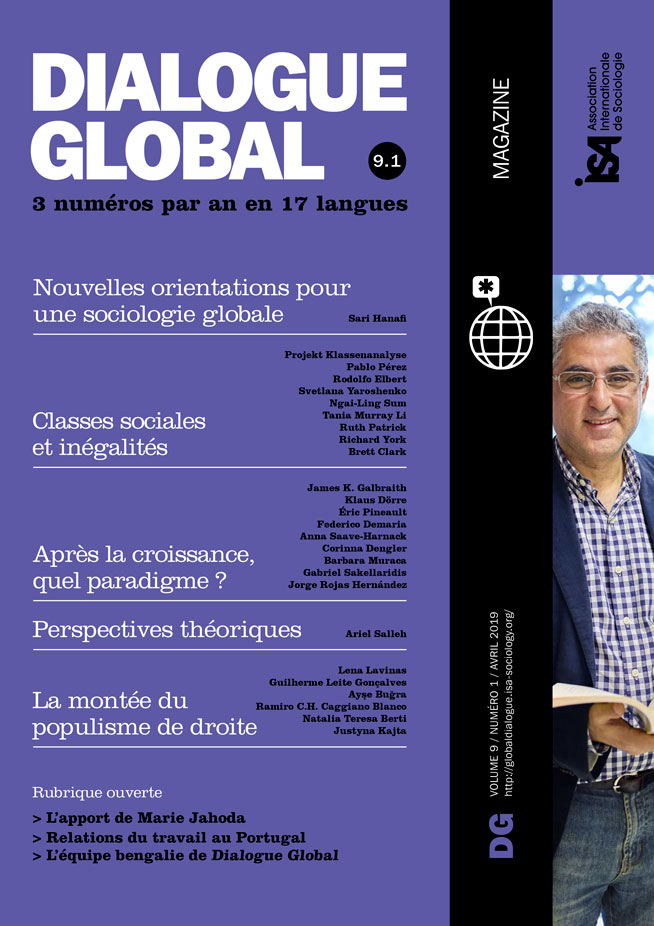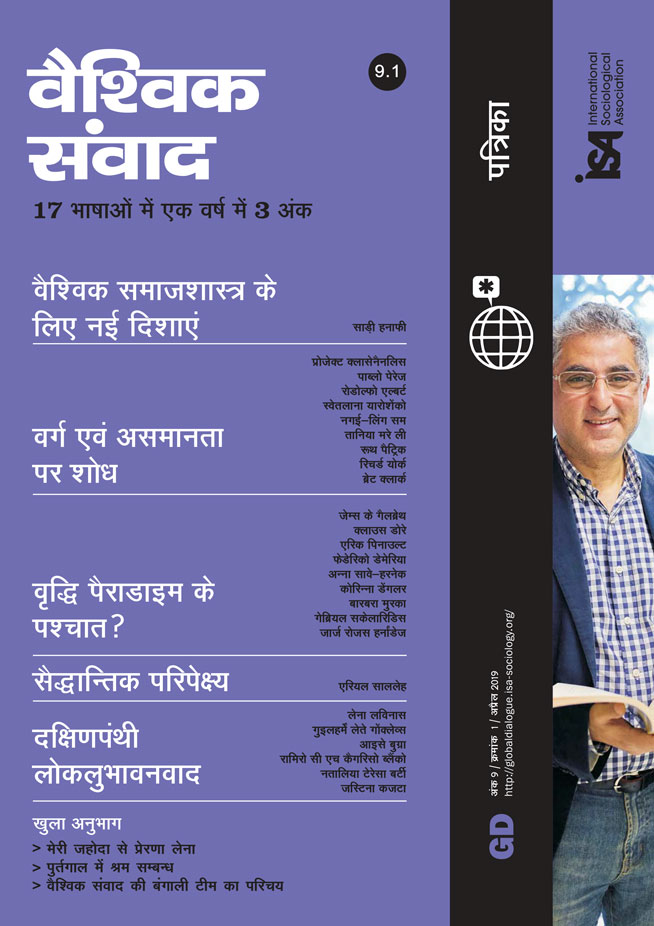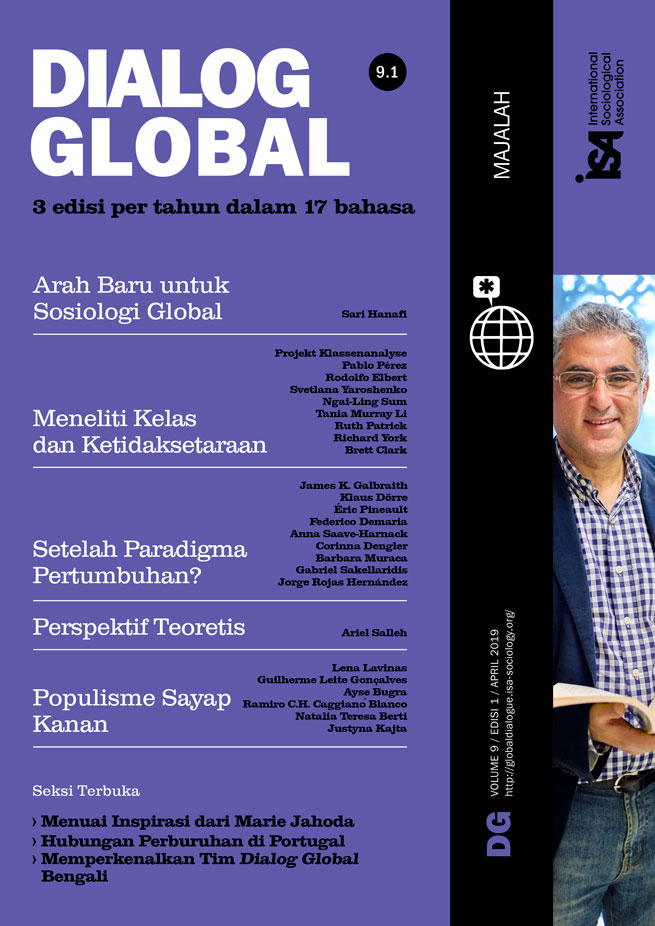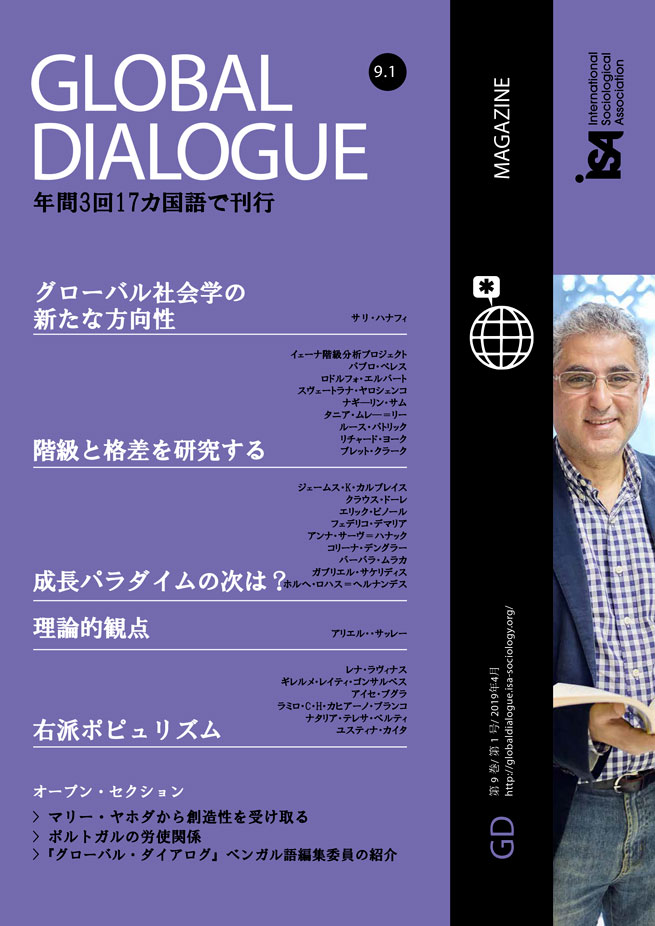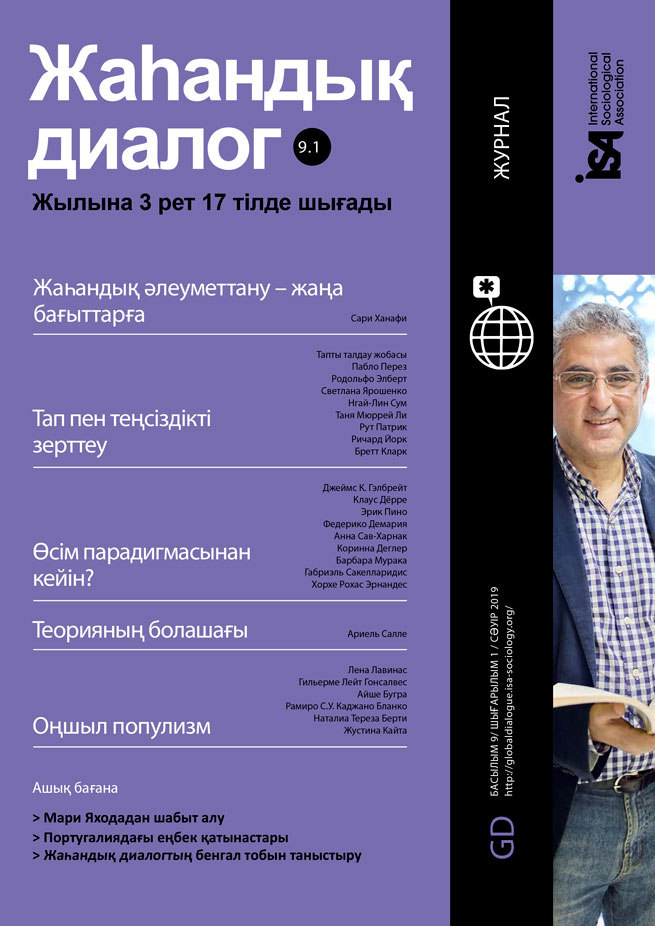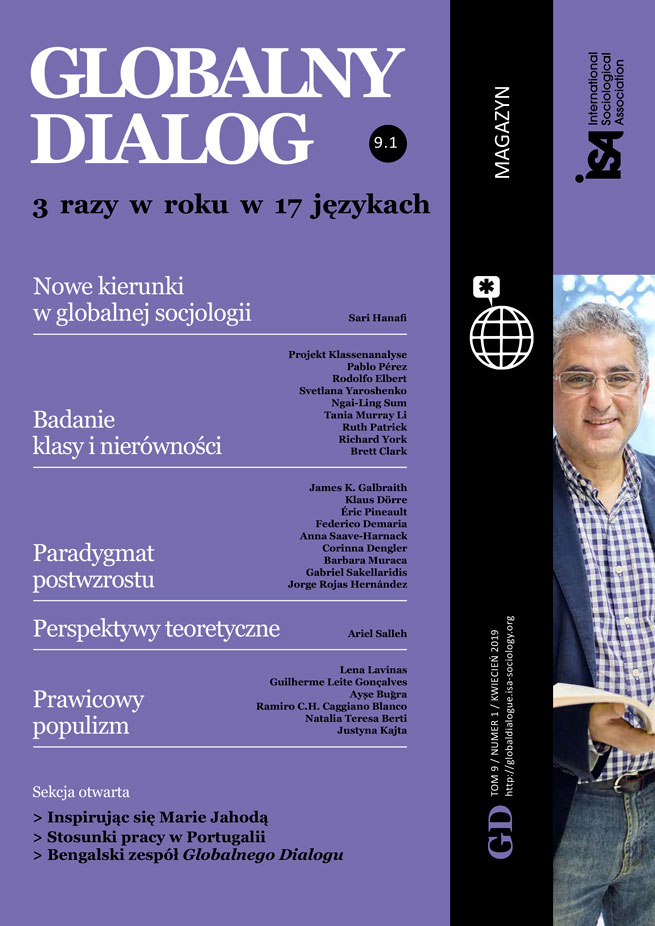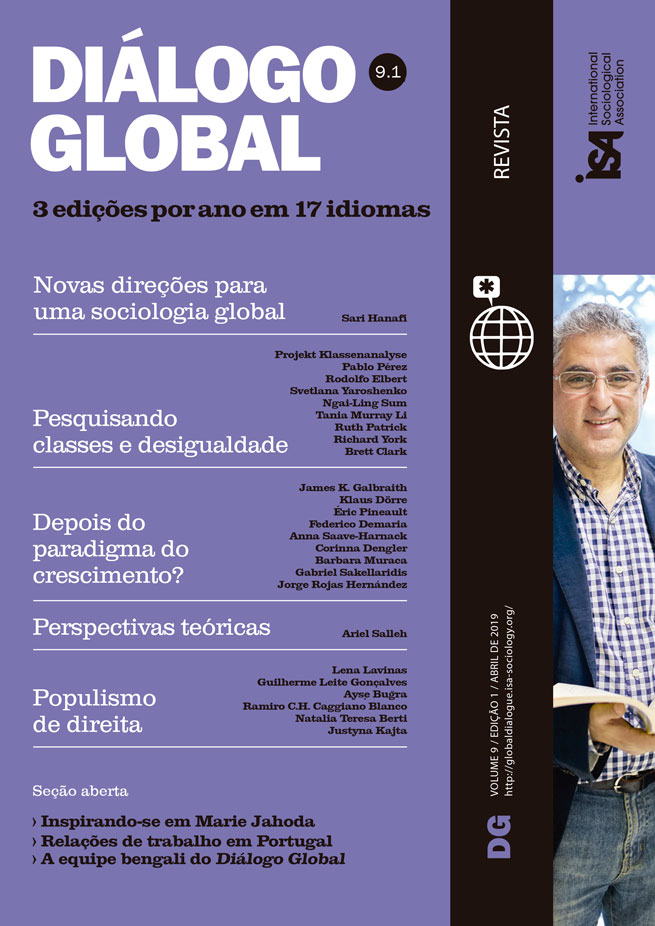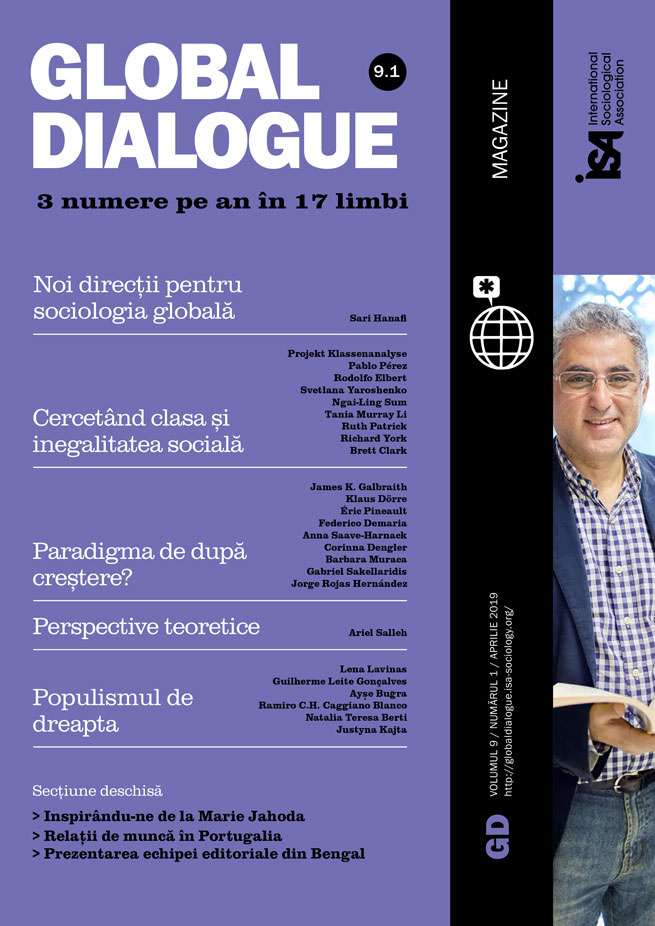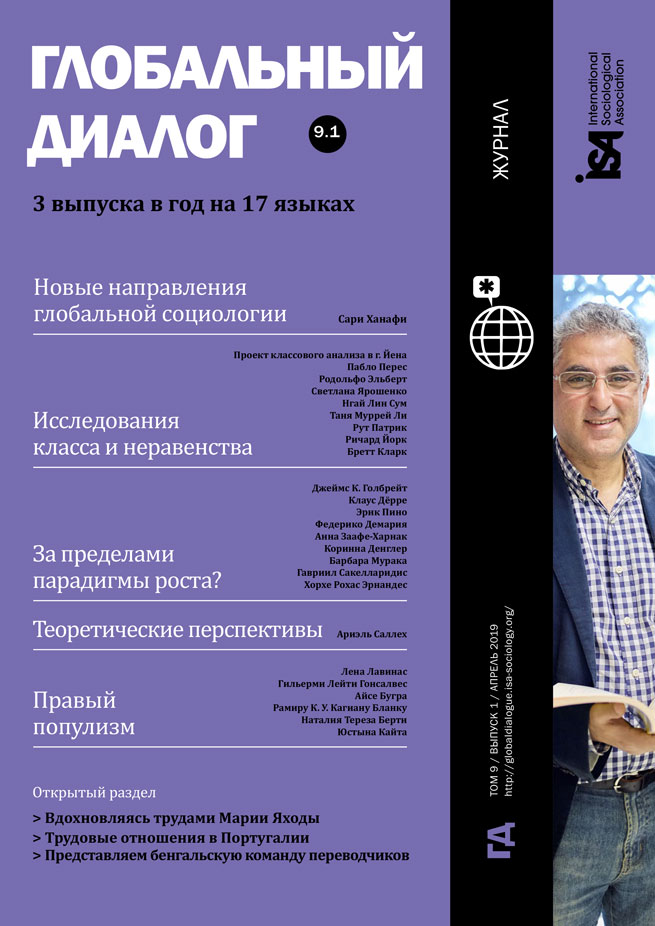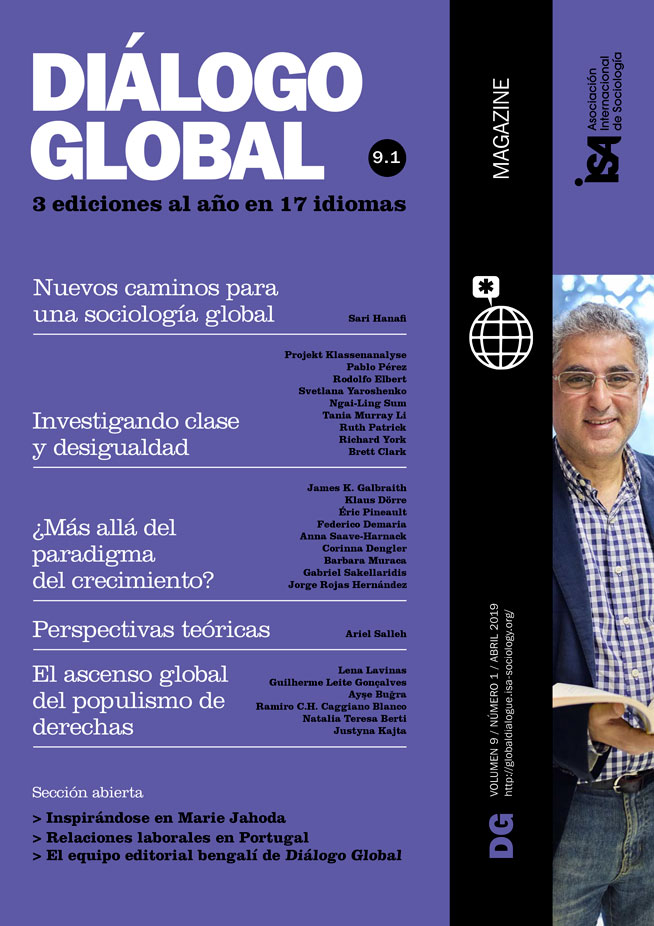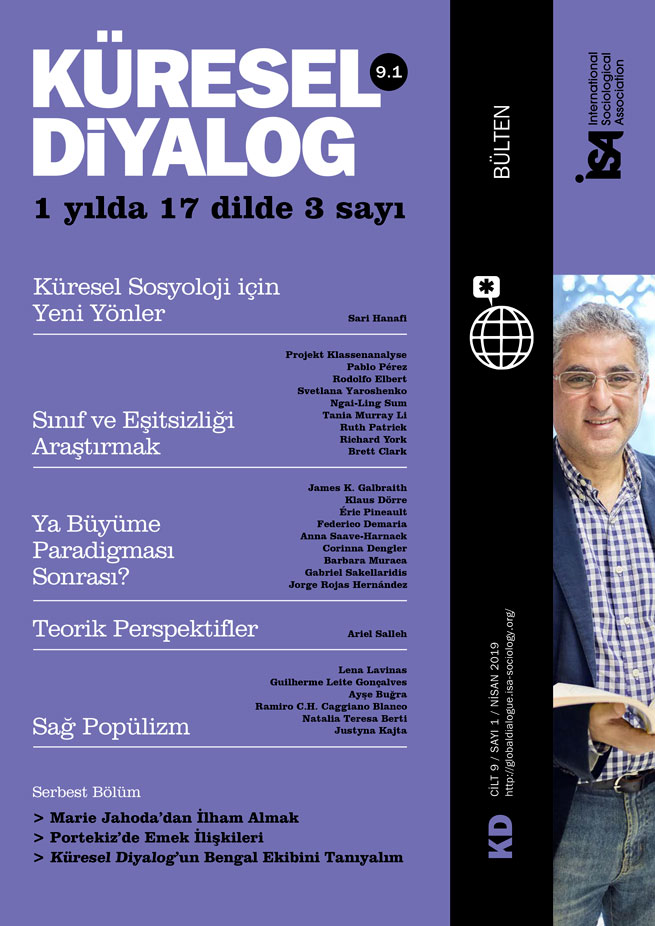Labor Relations and Social Dialogue in Portugal

March 14, 2019
Portugal is a semi-peripheral country that underwent a democratic transition in 1974, following a long period of dictatorship (starting in 1926). The authoritarian “Estado Novo” (New State) was established by the Constitution of 1933, which laid the normative foundations of a fascistic corporatism that legitimated state control over trade unions and built on the violent repression of workers.
Working-class resistance was sparse and sporadic over the 48 years of authoritarianism. Only at the end of the 1960s did some organized groups of resistance within the corporatist unions become perceptible. This was the result of urbanization, population concentration in the coastal areas, the growth of some public services, as well as the increase of the economy’s tertiary sector, which opened space for new associative dynamics among labor (although still clandestinely). It was in this context that the trade union confederation still dominant today (Intersindical Nacional, today known as CGTP - General Confederation of the Portuguese Workers) emerged in 1970. However, throughout this period (from the late 1960s to the revolution of April 25, 1974), despite the relative opening of the economy and the growth of the service sector, Portugal remained a predominantly rural country. The incipient industry was based on cheap labor framed by a state-controlled economy and within a repressive and tutelary regime surveilling workers, unions, and the society in general.
It was the Carnation Revolution (April 25, 1974) that created the conditions for the emergence of the current system of labor relations and labor rights. It is only since then that one can speak of social dialogue and labor law in Portuguese society. Further, it was due to the strong revolutionary effervescence of the social and popular movements of that period (1974-5) that Portugal became the rare Western country to openly embrace a socialist project, as recognized in the 1976 Constitution. However, those conflictual and revolutionary times also left a deep mark on the country (for better and for worse), setting in place a structural cleavage between opposed social models. This was translated within the political field into a division between anti-systemic ideologies - PCP (Communist Party) and the far left - and social-democratic or liberal ideologies - PS (Socialist Party) and PSD (Social Democratic Party). This conflict was mirrored in the trade union field between, on one side, the CGTP (a “class-based” trade unionism, of communist influence) and, on the other, the General Union of Workers (UGT - a reformist and dialogue-driven trade unionism), founded in 1978.
The labor law set up under the new constitution reflected, especially in the early phase, the influence of the intense class struggles of the revolutionary period. The Constitution institutionalized a tripartite structure at the macrosocial level: this was the Permanent Committee of Social Dialogue (CPCS) established in 1984, later replaced by the Economic and Social Council (CES) in 1991. In practice, the pattern of social dialogue and labor relations has oscillated according to different political conjunctures and the dynamics of power relations among social partners, as well as the evolution of economic and social indicators. Over the last 30 years, crisis periods and the impacts of the global economy have triggered several legislative changes constraining social policies, following a general trend of deregulation, flexibilization, and segmentation of labor.
The recent economic-financial crisis of 2008 had an intense impact on Portugal, especially during the bailout program (2011-14). In that period, the conditions of a “state of exception” emerged in Portugal. The austerity measures imposed by the Troika (the European Commission, the European Central Bank, and the International Monetary Fund) and zealously applied by the previous right-wing government (PSD / CDS, led by former Prime Minister Passos Coelho) intensified social inequalities and exclusion in a context of social tensions involving a cycle of protests and strikes, driven by social and labor movements.
This austerity framework involved social organization and political and juridical institutionalism aimed at calming and stabilizing the markets through budgetary deficit compliance and through the destruction of social dialogue mechanisms. The austerity measures and neoliberalism’s “reformist” agenda converged with a drive to reduce labor costs and compensations for dismissal, flexibilize working time, and restrict collective bargaining. Specifically, a series of emblematic legislative changes were introduced to reduce benefits applied to the working class. The role of trade union structures foreseen in the Constitution was also restricted, instead privileging the role of both works councils and company unions.
Simultaneously, the privileged form of labor relations regulation - collective bargaining- suffered strong constraints due to the limits of labor contracts and collective agreements. These, inasmuch as they depend on a negotiation period – with or without agreement – objectively favor employers. The situation of collective bargaining during the austerity period was reflected in the blockade of this form of social dialogue through the increase of power asymmetries between workers and employers. On the other hand, on the macrosocial level, the Economic and Social Council (CES) has played an important role in rolling back the labor relations framework, under the pressure of commitments made with the Troika. Hence, the items diluted in the more encompassing process of the so-called “structural reforms” could hardly resist such decisions without losing the political and juridical identity of labor law.
The austerity narrative characterized by market fundamentalism delegitimized alternative diagnoses of reality, blocking any legislative agendas reflecting a social ethos protective of labor rights and social justice. The very institutions and organizations of social dialogue and citizenship saw themselves coopted and converted into instruments for the legitimation of the new austerity.
After the democratization process (as of 1974), four moments can be identified: the expansion and exhaustion of macro social dialogue between the years 1970 and 1980; the return of social dialogue in the 1990s, related to the processes of European integration and globalization; the moment of crisis in social dialogue, marked by an engagement with the deployment of austerity measures and subsequent legislative reforms; and, finally, the present moment in which, via parliamentary agreements between the Socialist Party government, the Communist Party, and the Left Bloc, the negotiation axis has been moving towards parliament, with a gradual reduction in the importance of the negotiation mechanisms (both collective bargaining and tripartite mechanisms).
In conclusion, the most recent post-Troika period has opened space for a new political solution, offering new conditions for a return of social dialogue. For this reason, the country is held up today as a counter-cycle example in the European context, displaying moreover a surprising viability of alliances between different left political forces. In this new political-labor configuration, it isn’t just the political-partisan protagonists nor the social protest movements, but also the different forms of trade union action that have contributed to an atmosphere favoring alliances and negotiation processes. In spite of the doubts and perplexities raised by this solution, the Portuguese experience shows that the future of social dialogue involves new configurations among social actors encompassing the political and labor spheres. It demonstrates that economic-financial recovery, in spite of its vicissitudes, can be combined with the recovery of social policies and a revival of alliance politics, in a representative democracy within which conflict and negotiation are inseparable.
Elísio Estanque, University of Coimbra, Portugal, and member of ISA Research Committees on Labour Movements (RC44) and Social Classes and Social Movements (RC47) <elisio.estanque@gmail.com>
António Casimiro Ferreira, University of Coimbra, Portugal <acasimiroferreira@gmail.com>


